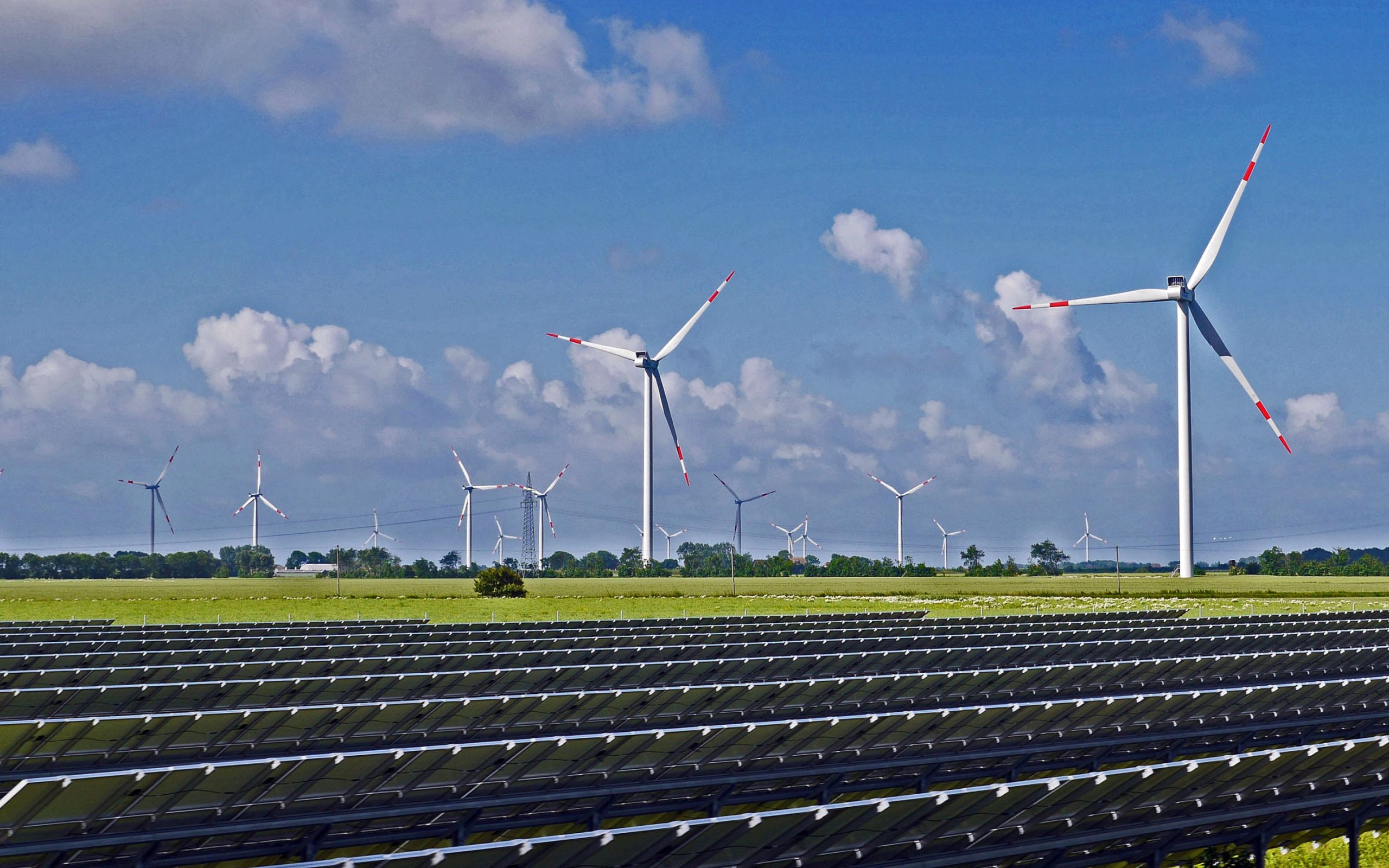Our food choices have a profound impact, not only on our personal health but also on the health of our planet. Sustainable agriculture, a system of farming that aims to produce food while protecting the environment, public health, human communities, and animal welfare, is becoming increasingly vital in the face of climate change and growing global populations. Supporting sustainable agriculture isn’t just a trend; it’s a crucial step towards a healthier and more resilient future.
But what exactly makes agriculture “sustainable,” and why should we care?
What is Sustainable Agriculture?
Sustainable farming practices go beyond simply growing crops or raising livestock. They encompass a holistic approach that considers the long-term well-being of the ecosystem. Key principles include:
- Soil Health: Prioritizing practices that build healthy soil, rich in organic matter, which improves water retention, reduces erosion, and enhances nutrient cycling. This often involves no-till farming, cover cropping, and crop rotation.
- Water Conservation: Implementing efficient irrigation techniques and managing water resources responsibly to minimize water waste and protect water quality.
- Biodiversity: Promoting diverse ecosystems on and around farms, which supports natural pest control, pollination, and overall ecological balance. This can involve planting hedgerows, creating wildlife habitats, and growing a variety of crops.
- Reduced Reliance on Synthetic Inputs: Minimizing or eliminating the use of synthetic pesticides, herbicides, and fertilizers, which can harm beneficial insects, pollute water sources, and impact human health.
- Animal Welfare: Ensuring humane treatment of livestock, providing access to pasture, and avoiding practices that cause unnecessary suffering.
- Fair Labor Practices: Supporting farmers and farmworkers with fair wages, safe working conditions, and opportunities for growth.
Why is Supporting Sustainable Agriculture So Important?
The benefits of sustainable agriculture are far-reaching:
- Environmental Protection: Sustainable practices help mitigate climate change by sequestering carbon in the soil, reducing greenhouse gas emissions from synthetic fertilizers and pesticides, and promoting biodiversity. They also protect water resources and reduce soil erosion.
- Improved Public Health: By reducing the use of harmful chemicals, sustainable agriculture leads to healthier food with fewer pesticide residues. It also supports healthier ecosystems, reducing the risk of zoonotic diseases.
- Stronger Local Economies: Supporting local, sustainable farms strengthens communities, creates jobs, and keeps money within the local economy. It also fosters a more resilient food system, less vulnerable to disruptions in global supply chains.
- Enhanced Food Security: Healthy soils and diverse cropping systems are more resilient to climate change impacts like droughts and floods, contributing to long-term food security.
- Animal Welfare: Sustainable farming often prioritizes the ethical treatment of animals, allowing them to live more natural and less stressful lives.
What You Can Do to Support Sustainable Agriculture:
The good news is that everyone can play a role in supporting sustainable agriculture. Here are some practical steps you can take:
- Buy Local and Seasonal: Visit farmers’ markets, join a Community Supported Agriculture (CSA) program, or choose locally sourced produce at your grocery store. This directly supports local farmers and reduces the environmental impact of long-distance transportation.
- Look for Certifications: Seek out labels like USDA Organic, Certified Naturally Grown, Fair Trade, and Animal Welfare Approved. These certifications indicate that the products meet specific sustainability and ethical standards.
- Reduce Food Waste: By wasting less food, you reduce the demand for agricultural production and minimize the environmental footprint associated with it. Plan your meals, store food properly, and compost food scraps.
- Grow Your Own Food: Even a small garden can connect you to the process of food production and reduce your reliance on conventional agriculture. Consider growing herbs, vegetables, or fruits in your backyard or on your balcony.
- Support Businesses Committed to Sustainability: Choose restaurants and food businesses that prioritize sourcing from local and sustainable farms.
- Educate Yourself and Others: Learn more about sustainable agriculture and share your knowledge with friends and family. Advocate for policies that support sustainable farming practices.
- Reduce Your Meat Consumption: Animal agriculture has a significant environmental impact. Consider incorporating more plant-based meals into your diet. When you do eat meat, choose options from farms with high animal welfare and sustainable practices.
- Compost: Composting your food scraps and yard waste creates nutrient-rich soil amendments that can reduce the need for synthetic fertilizers.
- Engage with Farmers: Talk to farmers at your local market. Learning about their practices can help you make more informed choices and build a connection to your food.
Supporting sustainable agriculture is an investment in our future. By making conscious choices about the food we eat, we can contribute to a healthier planet, stronger communities, and a more just and resilient food system for all. Every small action makes a difference.



Leave a Reply